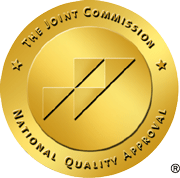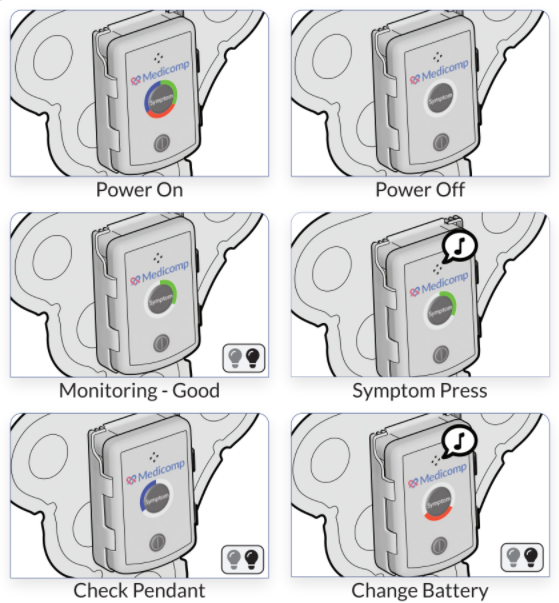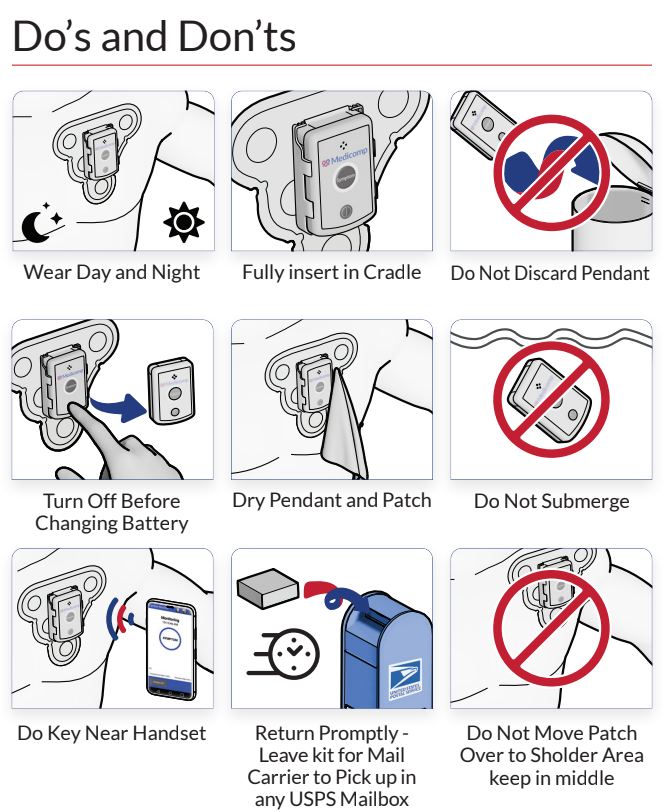The American Heart Association warns that stress can wreak havoc on the body by causing issues such as ulcers, irritable bowel syndrome (IBS), and even hypertension. The Heart Foundation also points out that allowing your body to remain in this state of stress for a long period of time can result in a heart attack or stroke. ReactDx, creators of the Holter patch, understands the stress that individuals face on a daily basis, and offers the following suggestions to help manage stress.
Look for Triggers
Every individual has a different trigger that leaves them feeling anxious. The next time you begin to feel stressed out, take a look at the events that lead up to it in order to identify the trigger. If finances are a trigger, check to see what you can do to reduce that burden. Perhaps you can cut back on unnecessary expenses, or obtain a second job for a short period of time to save. If it’s a person that invokes anxious feelings, see if it’s possible to learn a new way to communicate with them.
Change Your Lifestyle
There are a host of lifestyle changes that one can make to reduce stress. Start off by switching to decaffeinated coffee and then move on to exercising a few times per week. Seek advice from a nutritionist on how you can prepare meals that are healthier for you.
Take Some Time for Yourself
It’s not healthy to be on the go from the time you wake up until the time you go to bed. At least once a day, set aside some time for yourself. This can be something as simple as taking a long bubble bath, reading a good book in a quiet corner of the library, or taking a bike ride through the park. You may also want to treat yourself once a week to a mani-pedi, or a Swedish massage.
Talk to your doctor about other ways to reduce stress. He or she may demonstrate a few breathing techniques you can implement at home, suggest a support group you could join, or even prescribe a medication that promotes a feeling of calmness. ReactDx’s Holter patch can be used before and after you begin eliminating stress. You can learn more about the device by calling 800-234-3278. You’ll also want to check out the latest information on heart health on our News Page.



